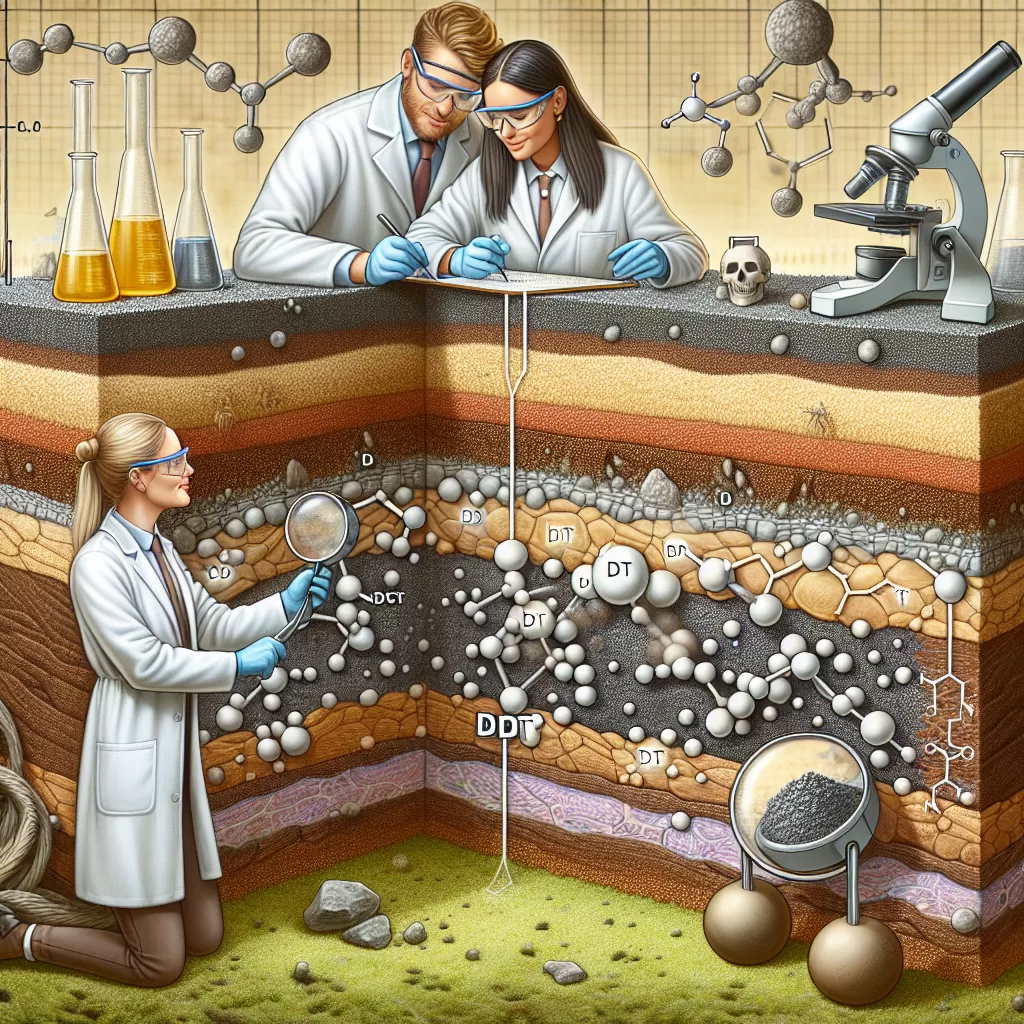This innovative approach holds promise for restoring contaminated lands that were once deemed unsuitable for agricultural activities due to environmental hazards. By binding and immobilizing DDT within the soil matrix, biochar could pave the way for the safe cultivation of certain crops, thereby reclaiming previously unusable areas and promoting sustainable land management practices.
While further research is warranted to optimize the application and assess long-term effects, this breakthrough underscores the potential of biochar as a cost-effective and eco-friendly remediation strategy. As nations grapple with the persistent challenge of DDT pollution, solutions like these offer a glimmer of hope in safeguarding ecological integrity and ensuring a greener, healthier future for generations to come.

